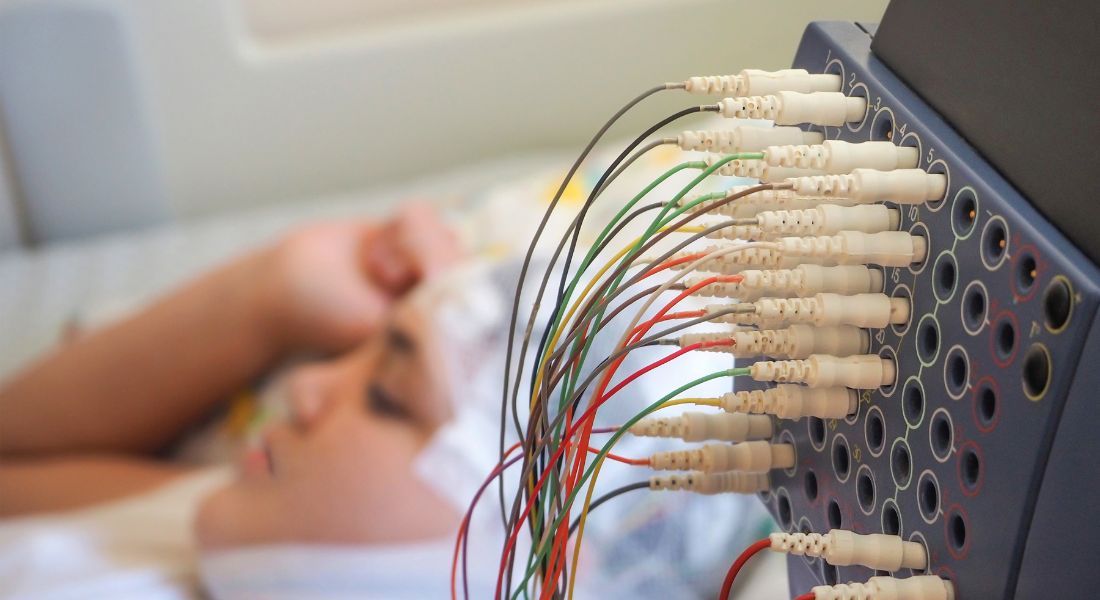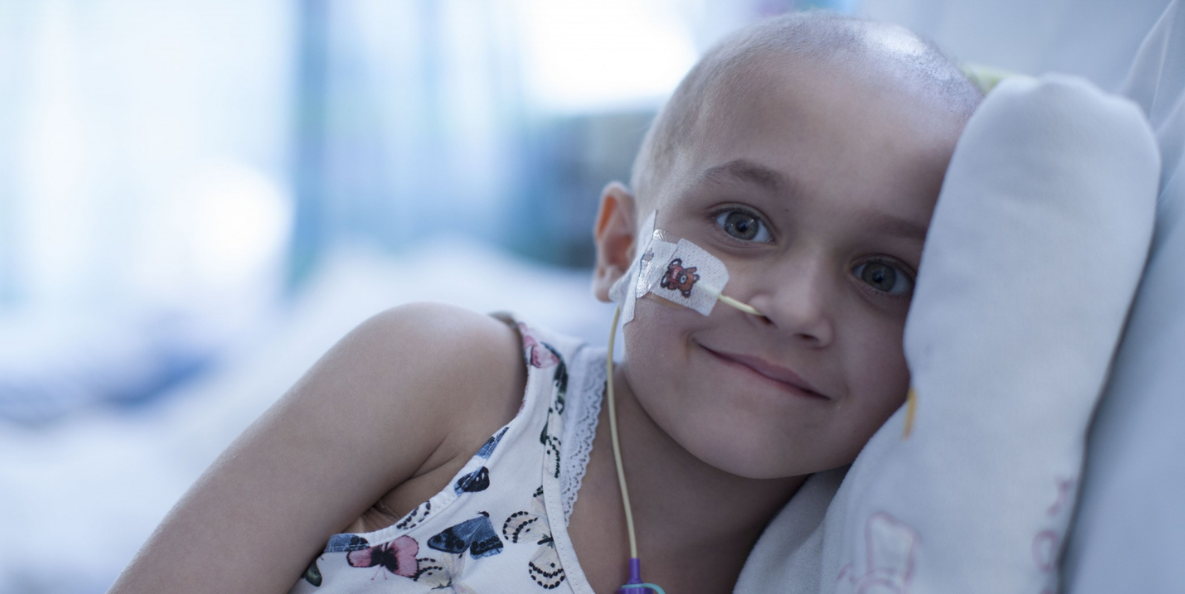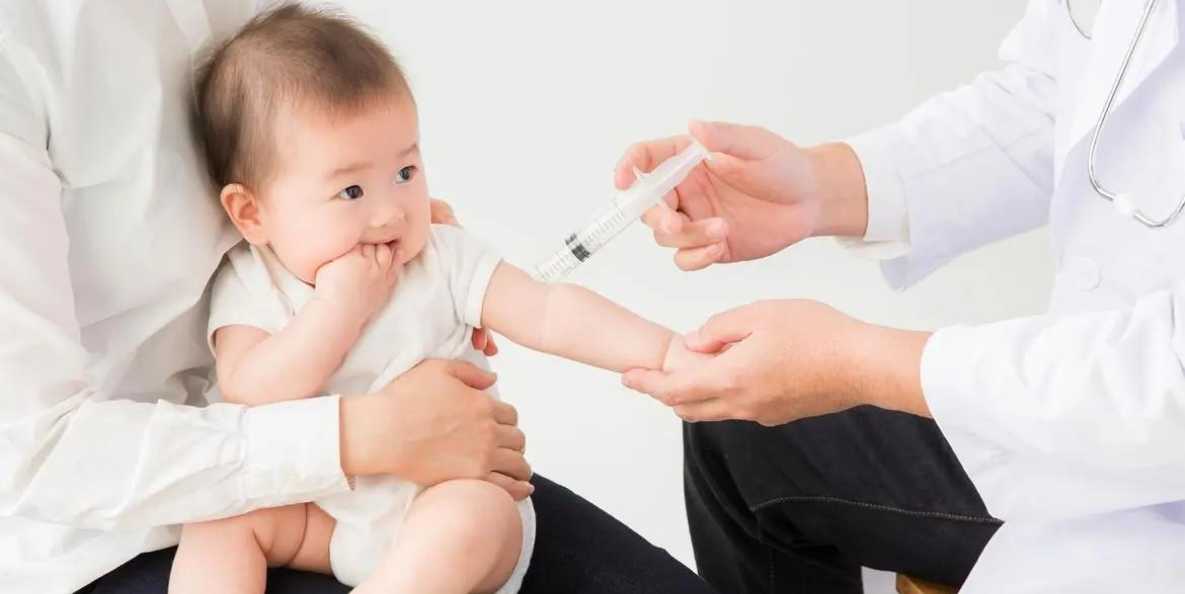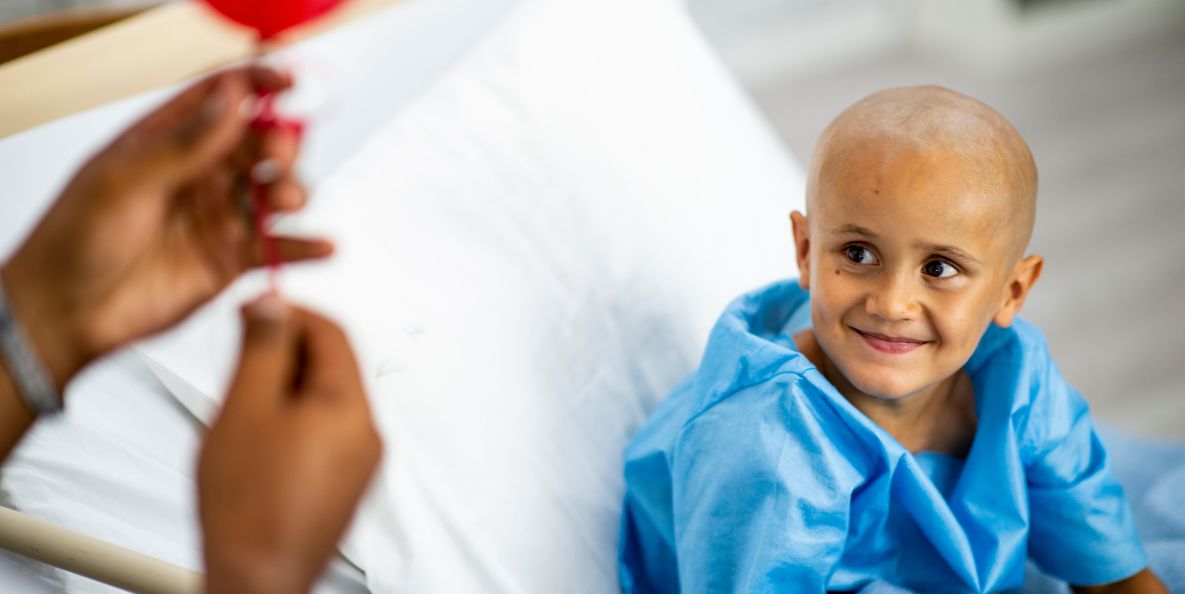Categories
Epilepsy in Children: Diagnosis & Treatment
Dec 05, 2022
Epilepsy and its treatment in children
Children with epilepsy have repeated seizures. Epilepsy is a physical disease and not a mental illness. Many children with epilepsy have normal intelligence and can attend regular school. Seizures, fits, jerks, seizure disorder and convulsions are the other names for epilepsy.
Epilepsy can manifest with different types of seizures in children. Loss of consciousness, freezing or getting stuck, staring and unresponsiveness, eyes rolling up, repeated eye blinking, sudden falling down, stiffening of body, jerking of limbs, vomiting and biting the tongue are some of the common symptoms during seizures.
Any disturbances in brain activity can result in seizures. Exhaustive travel and sleeplessness can cause seizures in predisposed individuals. More often than not epilepsy starts during childhood. Breathing problems during child birth, low blood sugar during the first week after birth, brain infections, brain injury, and genetic causes are some of the common causes of epilepsy.
Epilepsy is diagnosed by carefully analysing the reported episodes. Not all episodes of unresponsiveness or jerking of limbs are seizures. Sudden falling down during morning assembly meetings at school is more often fainting and not seizures. Video recordings of the episodes in your smart phone help doctors distinguish between seizures and seizure mimics. Tests are usually performed to support the diagnosis (EEG), to know which type of epilepsy one is dealing with (EEG/video-EEG) and to detect the underlying cause of epilepsy (MRI of the brain, genetic tests, etc). Normal EEG and normal brain MRI scan do not rule out the diagnosis of epilepsy! In fact, most children with epilepsy have normal brain MRI.
Seizure first aid involves preventing the child from falling down and injuring oneself. Jerking limbs should not be restrained. There are many misconceptions and superstitions surrounding seizure first aid. Keeping a key-chain or iron rod in the hand of a child having seizures should be avoided as it could be injurious and has no role in stopping the seizures. Pouring water over the face or placing something in the mouth can cause aspiration and should be avoided.
Epilepsy in a majority of children can be controlled with anti-seizure medications. Taking medicines regularly as per doctor’s advice keeps epilepsy under control. Uncontrolled epilepsy needs evaluation by specialist epilepsy centres which provide advanced treatment options. Epilepsy surgery can be a curative option in a minority of selective patients who are amenable to surgery.
Suddenly stopping the anti-seizure medications is one of the most common mistakes by patients with epilepsy. Some patients stop all medications suddenly to seek treatment with alternative medicines. Such sudden stopping of medicines can cause potentially life-threatening prolonged seizures. Most common cause of recurrence of seizures in patients with epilepsy is forgetting to take the medicines. Not sleeping enough can cause seizures. Patients with epilepsy are at high risk of getting seizures during fever and other intercurrent illness.
Children with epilepsy can lead a normal life. These children can attend school regularly as like their peers, as they are completely well in between the attacks. Children with epilepsy needs a conducive and supportive environment at school and there should not be any discrimination. School teachers should be taught life-saving skills including seizure first aid. There are no restrictions to riding bicycle, running and playing in most instances. Swimming should be avoided when the child has frequent seizures and should only be allowed under close supervision when seizures are under good control with medications.











